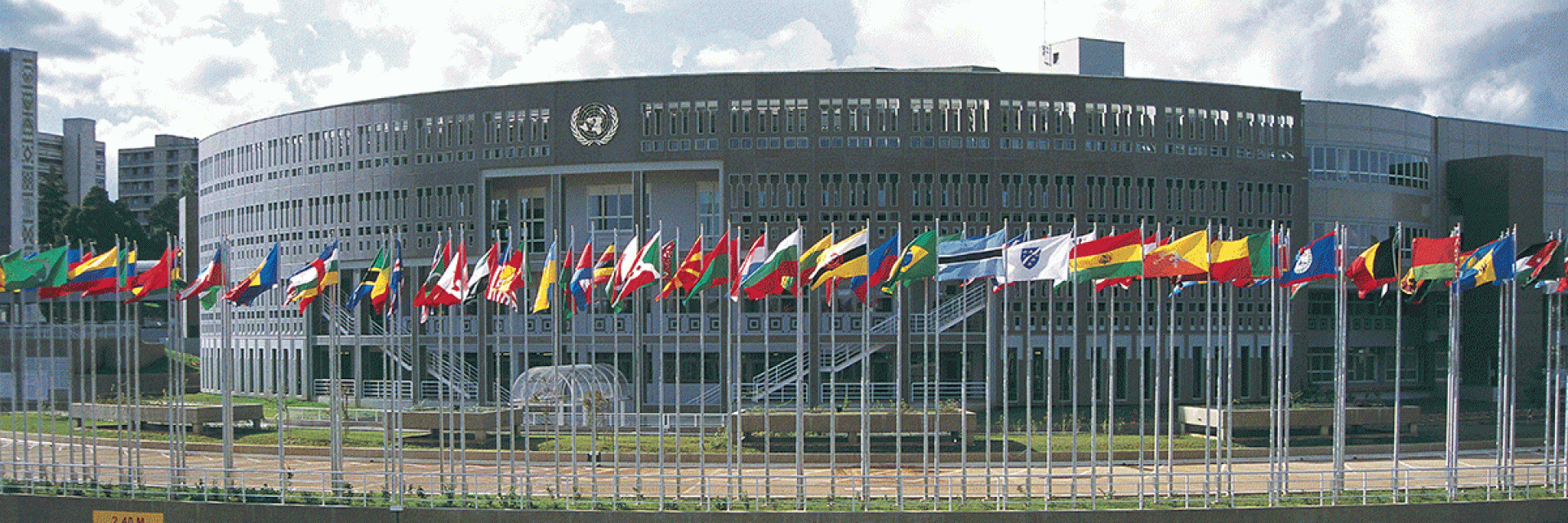Kigali, 01 November 2021 - African journalists participated in a Masterclass on the theme of the 1-4 November Conference of Land Policy in Africa - Land governance for safeguarding art, culture and heritage towards the Africa We Want, which is underway with the opening session in Kigali, Rwanda and the rest of the session held in virtual format.
Organized by The African Land Policy Center (ALPC), the Masterclass tackled the intersection between issues of land governance, art, culture and heritage, with inputs by experts from the Scientific Committee involved in organizing the conference.
The session was aimed at increasing awareness and knowledge on African land policy issues and discuss approaches for effective reporting on land governance and how the issues intersect with the arts, cultural practices and matters of heritage.
Joan Kagwanja Chief of the ALPC, acknowledged the role journalists play in informing the public on land matters in Africa and the need for attention on the multiple dimensions surrounding land governance.
“Journalists can play a role in informing and educating communities on matters of land. They can challenge discriminatory policies and practices and be advocates of women’s land rights,” said Ms Kagwanja.
She elaborated on the linkages between land and the theme, highlighting questions of cultural origin, colonial legacies and poor land governance, management and ownership of land, gender and women’s land rights, discriminatory policies and laws on land among others.
Kimani Njogu, an adviser to the Scientific Committee organizing the Conference said “cultural journalism can uncover everyday issues that impact on land governance, such as identity and power relations. In addition, artistic expression is often centred around the aesthetics of land. Culture, is a way of life, and is also centred on land ownership and land use.
The question of land governance is integral to everyday experience as it is manifested in multiple dimensions that include legal, political, economic, social, cultural, spiritual and environmental.
“Journalists can interrogate these multiple dimensions, but it starts with increasing awareness and knowledge about African land policy issues,” said Kimani.
“Our expectations are that journalists appreciate land policy concerns in Africa and are willing to partner with ALPC to advocate for land policy reforms. This will see that reporting on land in Africa is improved.”
On the linkages between land and spirituality in the African socio-cultural context, Prof. Mary Getui underlined the thin line between spiritual matters and sociocultural matters of land.
“The marvels of nature and mysteries of land, valleys, hills, mountains are the things that connect land to the spiritual wellbeing of humanity.”
Furthermore, many African communities, she said, have myths of origin which draw on the importance and significance of land. Land always has an owner. Humans are just custodians of the land.
She also noted that land is associated with nature and life.
Ms Getui said journalists should make connections with the issues that connect land to nature and life. For instance, some communities have totems which contribute to the survival of plants. Making these connections can be an important part of addressing the challenges we are having on land-use, which are numerous, and range from commercialization to inheritance of land.
On the issue of Land in the context of African cultural heritage and creative industries, Joy Mboya, Executive Director, The GoDown Arts Centre in Kenya said that cultural heritage is plays an important role in the providing a sense of belonging, passing on skills and knowledge to generations which then contribute to our livelihood and economy.
“By underscoring the organized activities of culture, we recognize heritage and the reality of a symbiotic relationship between land access and land heritage,” she said.
Issued by:
Communications Section
Economic Commission for Africa
PO Box 3001
Addis Ababa
Ethiopia
Tel: +251 11 551 5826
E-mail: eca-info@un.org

